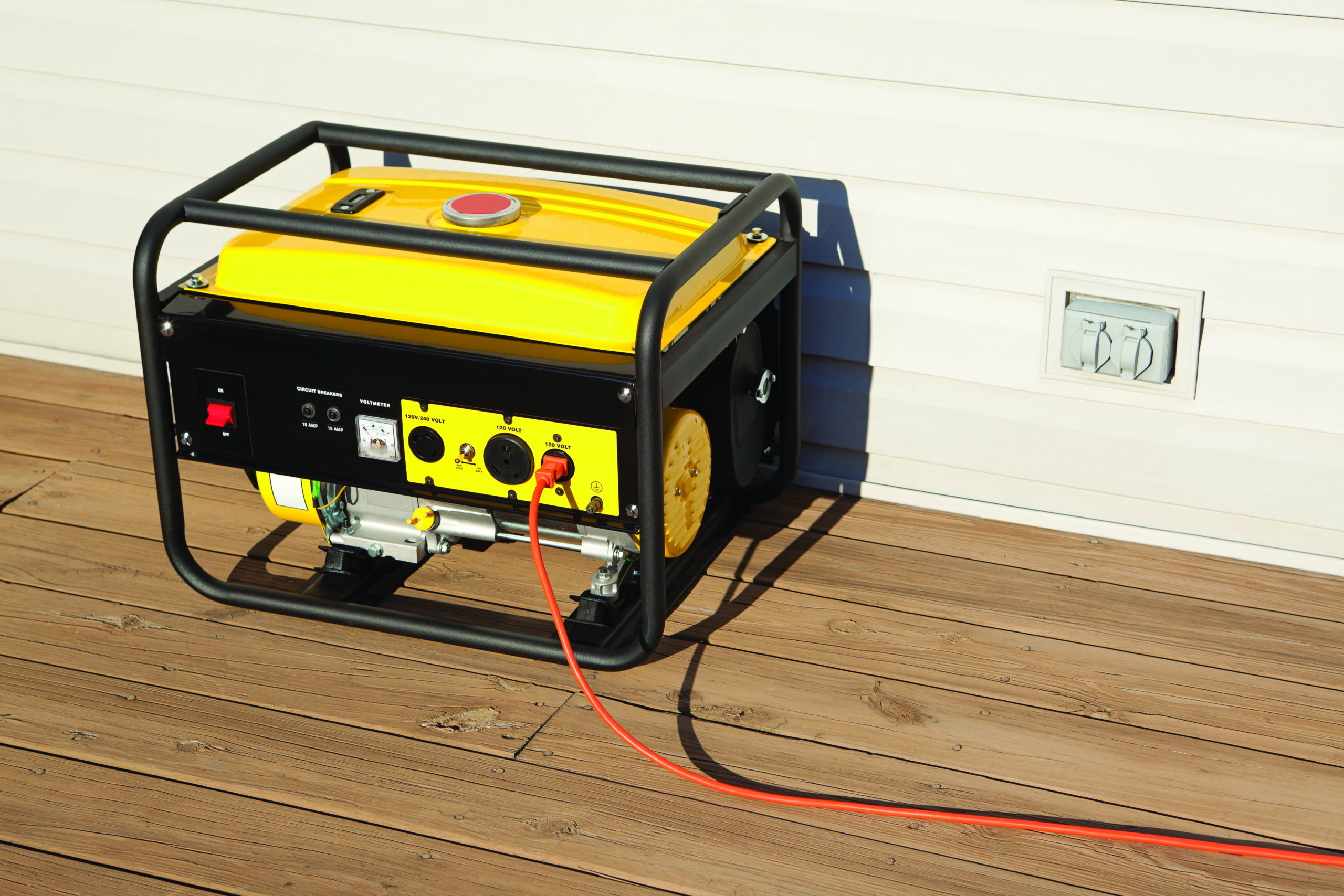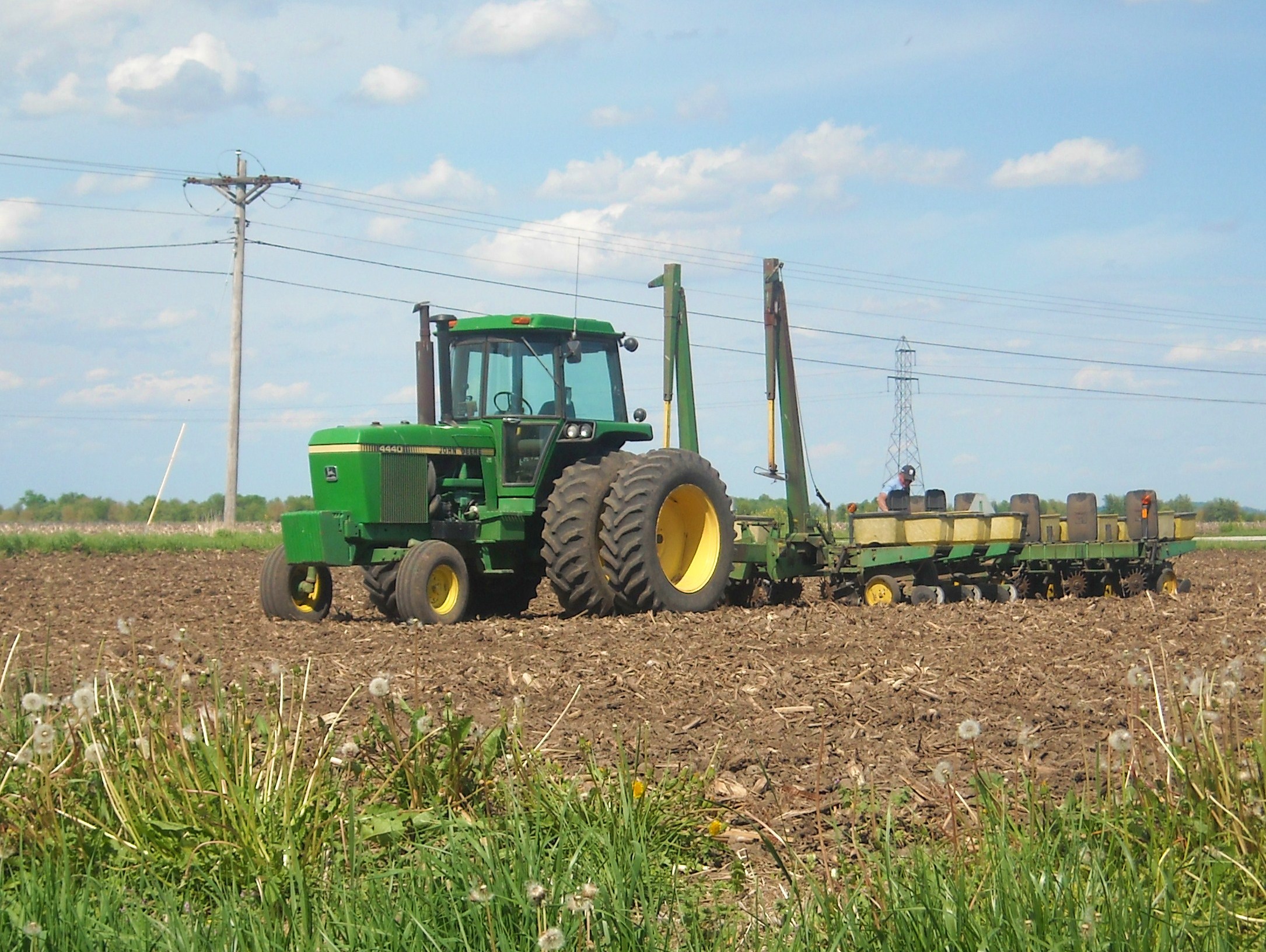sAFETY
Safety is our top priority at Clarke-Washington EMC. Electricity is an important part of your everyday life and our commitment to safety is important. Member safety, employee safety, community wide safety education, electrical safety and the list goes on and on. We are proud to be an active participant in the National Rural Electric Cooperative Association’s (NRECA) Rural Electric Safety Achievement Program (RESAP), a system wide approach for continuous improvement to safety. Clarke-Washington EMC is committed to providing safe, reliable and affordable electricity
Everyday Electrical Safety
- Never turn on an appliance when you’re on a wet floor or in the bathtub or shower.
- If something seems wrong with an appliance or tool, or it gives even the slightest shock, disconnect it.
- Have it repaired or discard it.
- Always disconnect small appliances and tools before cleaning them.
- To disconnect an appliance or tool, don’t pull the cord: instead, grasp the plug and pull it from the outlet.
- Don’t run extension cords under rugs or flooring. Be sure that the size of your extension cord is adequate for the tool or appliance.
- Never touch or approach downed power lines. Always assume that downed wires are energized. Call 911 or Clarke-Washington EMC immediately to report downed power lines.
- Keep ladders and other conductive objects away from electrical lines. If you don’t know whether an object is conductive – play it safe, and assume that it is.
- Don’t use electrical tools near water or in the rain. Keep antennas away from power lines
- Don’t fly kites near electric wires. If kite string gets caught in power lines, leave it alone; don’t try to remove the string from the lines.
- If you plan to use a portable generator during a temporary power outage, or at any time, make sure it is properly installed. Improper installation and use could damage equipment, and seriously injure you.
- Never climb a utility pole or a tree that is near electrical wires.
- Never enter a substation or fenced enclosure that surrounds electrical equipment. The fenced-off area is extremely dangerous. Keep ladders and other conductive objects away from electrical lines. If you don’t know whether an object is conductive – play it safe, and assume that it is.
- Never climb a utility pole or a tree that is near electrical wires.
Outdoor Safety for Kids
While it is nice to get some fresh air and sunshine, there are hazards that we need to make sure kids are aware of to keep them safe when playing outside:
- Never enter an electrical substation for any reason. If a ball or other toy enters the fence, call your utility for help. Additionally, use caution near solar panels and wind turbines.
- Never climb trees near power lines. They could be conductors of electricity if branches touch the wires. Even if branches are not touching power lines, they could if weight from a child is added.
- Do not fly kites or model planes near overhead power lines or electrical substations. A kite string can conduct electricity from an overhead power line to the person on the ground.
- Storm fronts can move rapidly, and lightning is a potential danger 10 miles in advance of a storm. The rule of thumb from the National Weather Service is, “when thunder roars, go indoors.” Make sure kids know not to seek shelter under a tree or open picnic shelter.
- Ensure your children are protected from the electrical service connection to your home. Keep ladders or long poles stowed and away from youngsters who might be tempted to use them to reach the wires connected to your house.
- If electric wires in your neighborhood have sagged for some reason or a tree limb has pushed the line out of place, keep your neighborhood safe by alerting your electric utility.
Generator Safety
A generator can be a valuable piece of equipment to keep appliances working during a power outage. Generators can be either temporary or permanently installed.
A permanent generator is wired into a house by a qualified electrician using a transfer switch that prevents a generator from feeding electricity back into overhead lines, which can be deadly for linemen.
A temporary generator is powered by gasoline and should not be attached to a circuit breaker, fuse, or outlet. Before ever purchasing a generator you need to know the wattage required to run the appliances you will attach to the generator. You also need to know the surge power, which is the power it takes to turn an appliance on.

Once you have purchased the proper generator, follow these tips from Safe Electricity to properly operate your generator:
- Read and follow all manufacturer operating instructions to properly ground the generator. Be sure you understand them before hooking up the generator.
- Never operate a generator in a confined area, such as a garage. Generators can produce numerous gases, including toxic and deadly carbon monoxide. They require proper ventilation.
- Generators pose electrical risks especially when operated in wet conditions. Use a generator only when necessary when the weather creates wet or moist conditions. Protect the generator by operating it under an open, canopy-like structure on a dry surface where water cannot form puddles or drain under it. Always ensure that your hands are dry before touching the generator.
- When you refuel the generator, make sure the engine is cool to prevent a fire, should the tank overflow.
- There should be nothing plugged into the generator when you turn it on. This prevents a surge from damaging your generator and appliances.
- Be sure to keep children and pets away from the generator, which could burn them.
- Shut down the generator properly. Before shutting down a generator, turn off and unplug all appliances and equipment being powered by the generator.
- Remember maintenance between uses. It is also a good idea to inspect the fuel and oil filters, spark plug, oil level and fuel quality and to start the generator on a regular basis before an emergency situation occurs.
Downed Power Lines
What would you do if you encountered a downed power line? Because safety is our top priority, we want you to know what to do and what not to do if this occurs.
Remember: There’s no way to tell if a downed line is still energized just by looking at it. Even on the ground, up to 500,000 volts of electricity can be coursing through it. Because electricity also travels through the ground, the earth can be energized up to 35 feet away in all directions from where the line has fallen!
That’s why you should always take the safest action by staying AWAY from downed power lines and anything touching them. Do not drive over a downed line, and never attempt to move a downed power line or anything in contact with it, including tree limbs. They can act as a conductor for electricity.
Even though your first instinct is to pull away a person who is in direct or indirect contact with the downed line, don’t touch them. Grab that person, and you could be electrocuted. Instead, grab a phone and call 911.
It’s also dangerous to touch or step in water near a downed power line. Avoid using objects such as brooms or sticks to move a downed power line, remain inside the vehicle. The car will shield you.
Call 911 for help, honk your horn and direct others to stay away from your car. Do not exit the vehicle until workers have de-energized the downed line and given you clearance.
Remember, electricity always seeks a path to the ground. If you absolutely must exit your vehicle because it is on fire, minimize the possibility for a strong electric shock: Jump clear of the vehicle with both feet together, avoiding contact with both the car and the ground at the same time. Then, shuffle away from the car with small steps. Be sure to keep your feet together and on the ground at all times.
We’re connecting you to safety, because we care about your well-being. Sharing these lifesaving tips could help others, too.
Farm Safety
Farmers keep food on our tables and help bring resources, like cotton, into our lives. As your safety connection, we’re providing some reminders to help people working on the farm be safe, especially around power lines.

- Think about the day’s work, especially the projects near power lines.
- Protect yourself and workers by keeping farm equipment at least 10 feet away from power lines in all directions at all times.
- Use a spotter when moving or raising tall equipment and loads. A power line can be closer than it looks. Someone watching to keep equipment far away from power lines could save a life.
- Lower equipment extensions, portable augers or elevators to their lowest possible level before moving or transporting them. This lessens the possibility that wind, uneven ground and shifting weight causes you to lose control of equipment and make contact with power lines.
- Notice height differences when loading and transporting larger modern tractors with higher antennas.
- Call your utility to repair, raise or move sagging power lines on or near your property. Never attempt to do this yourself.
- Break up bridged grain inside and around bins with wood poles or other safe material. Do not use metal poles, which are electrocution hazards.
- Be careful not to raise ladders, poles and rods into power lines. Also, remember that non-metallic materials, such as lumber, tree limbs, tires, ropes and hay can also conduct electricity.
- Use qualified electricians for work on farm electrical systems, like drying equipment.
- Wait for utility workers to de-energize a power line and confirm that it’s safe for you to exit if you are on equipment that contacts a power line. You could receive a fatal shock if you step off the equipment, because you become the electricity’s path to ground. If the vehicle is on fire and you must exit, place both feet together and jump clear of the vehicle. Then, shuffle away from the vehicle, keeping your feet together and on the ground to prevent current flow through your body.
- Stop and wait until you are well rested to perform electrical work. Accidents are more likely to happen if you’re tired after working for long hours or in extreme temperatures.
